The use of technology is essential to changing the maritime industries planning a marine space policy and managing maritime traffic can both benefit from it. The challenges and trends facing maritime management are being set up by technology.
Although there is no denying that technological advancement has already had a wide range of significant effects on industry and commerce, many believe that the most remarkable effects are yet to come.
The fundamental shifts that technology developments in fields like artificial intelligence, robotics, automation, and connected devices will have, as well as the opportunities and risks they pose, are being accepted by industries across the world.
Innovation-driven transformation is nothing new in the maritime industry. Think about the effects that radar and satellite communications have had just in the last century. However, the sector is currently at a turning point where technical advancements like autonomous and intelligent ships are converting science fiction into a concrete reality.
Some of the most interesting technological innovations in the maritime industry are:
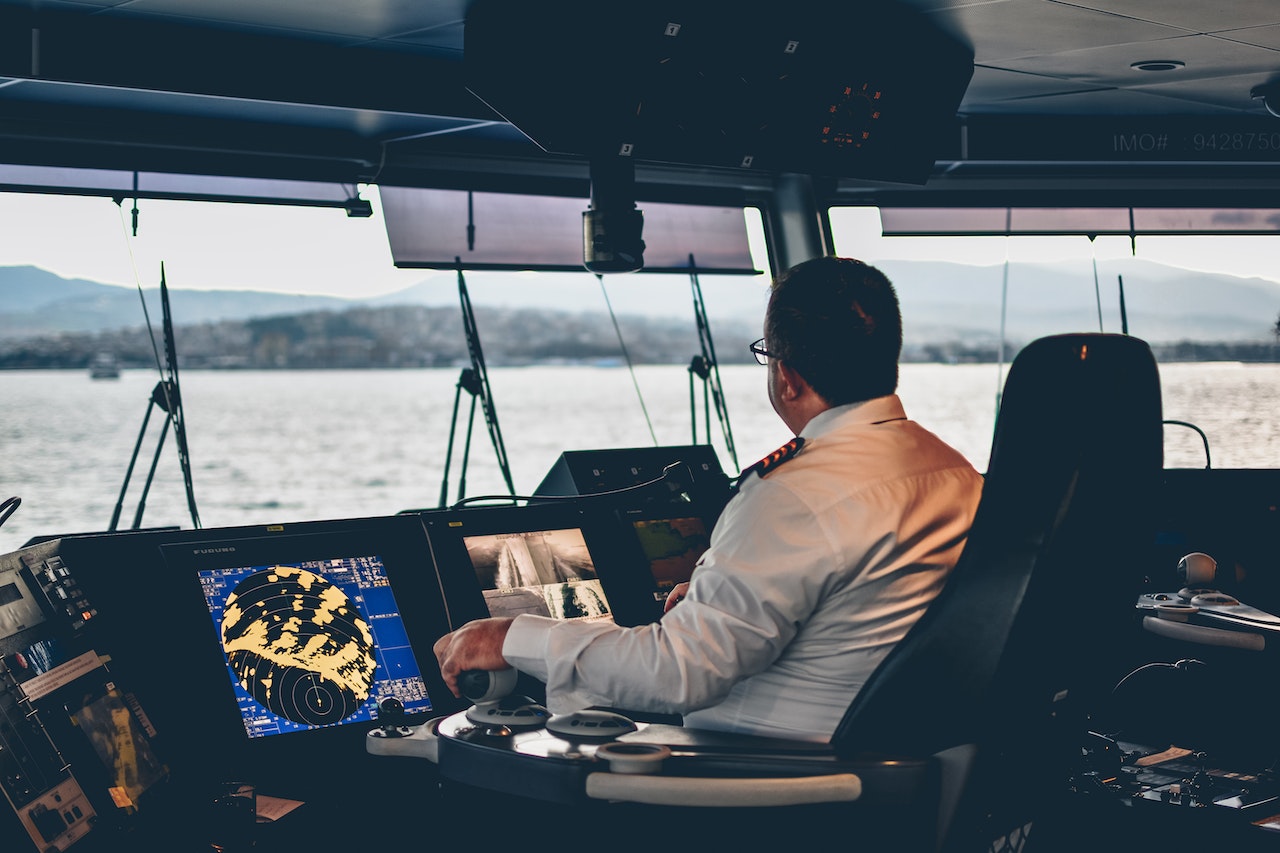
Smart Shipping
The industry has created the all-encompassing phrase “smart shipping” to characterize the digital technology available for calculating and enhancing operational efficiency. A favorable environment for the adoption of smart shipping has been created by shrinking profit margins, the affordability and accessibility of computing power, and other factors. Weather routing, voyage planning, fuel consumption, emissions control, and predictive maintenance are popular options for increasing commercial efficiency and meeting new regulatory standards.
Smart shipping will help the crew and enhance the performance of the fleet, but there are concerns about who is responsible if something goes wrong.
Future failures and business interruption may be avoided with better performance monitoring and data forensics following an event.
When it comes to using smart shipping technology, many people are opting for a “wait and see” strategy.
Measuring a baseline performance standard against which the results of any newly implemented technology can be evaluated is a major difficulty for shipowners.
The ability to learn from mistakes could be reduced by smart shipping, which would eventually be detrimental to the crew and the vessels they support.
Communications
Every industry recognizes the need for communications, but the maritime sector has likely encountered some of the most difficult obstacles to establishing solid, dependable connections. This is partially a result of the nature of the maritime jobs and the coverage that has historically been offered. Crews might also be able to view onboard high definition (HD) or 3D video while listening to live audio thanks to advanced communications. Radio-frequency identification (RFID) tags will also assist with asset management throughout an asset’s lifecycle, including tracking the status of cargo as well as structural and mechanical components.
Ships that are able to establish reliable connectivity might also have access to a lot of onshore knowledge. They consist of operational protocols, forecasts, and real-time weather data and updates to navigational charts. Additionally, the crew might profit from distance learning, leisure activities, and medical assistance.
At Marosv Marine Supply Services we are ready to provide you with a top-notch service. We are willing to assist you, just contact us.
Big Data and analysis
The requirement for IT infrastructure will increase dramatically as a result of the enormous amount of data that will be used and transmitted from ships. Large equipment racks will, however, eventually consume significant space and resources when installed onboard. Furthermore, keeping data onboard could be dangerous in the event of a breach or dangerous circumstance.
Data may be consistently stored and accessed from onshore sites with steady connectivity. Additionally, cognitive systems will serve as data interpreters to speed up the process and provide a natural user interface for computers and people.
It can be difficult to use this data constructively because there are so many variables and hundreds of ships traversing the world’s waters at any given moment. To make usable inferences, data analytics organizes and tries to correlate the vast amount of information.
For instance, it might include information on past container trends, ocean conditions, and ship reactions to various weather variations. Companies will be able to analyze several performance parameters that they can utilize to increase efficiency by being able to view these inferences.
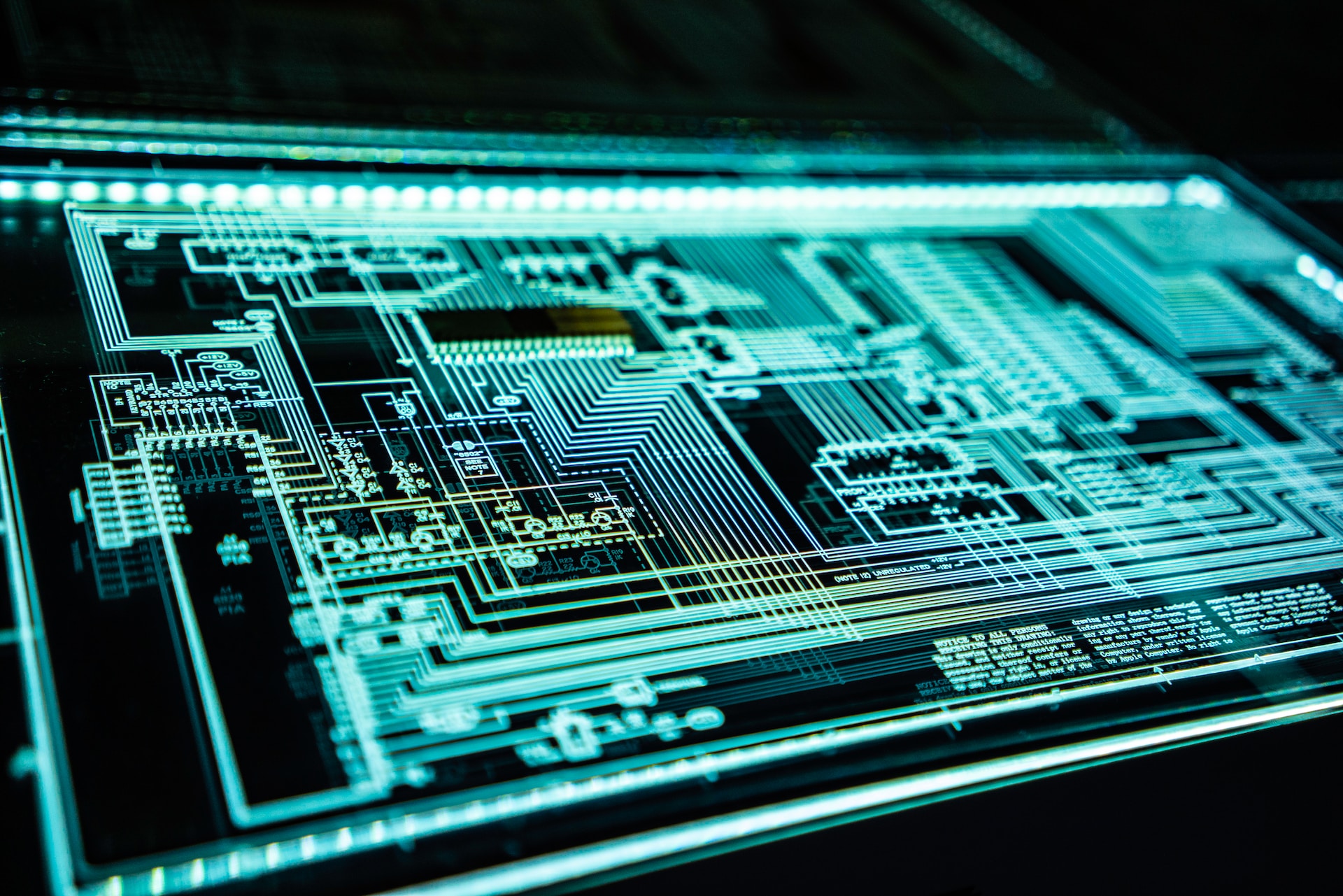
Green Technologies
The majority of vessel operators prioritize maintaining adherence to new environmental regulations. When ships must be ready to sail in waters governed by several regional as well as international rules, this can be burdensome.
Some people had a short-term outlook when assessing the adoption of green technologies, preferring that priority be given to tried-and-true solutions like LNG or resolving issues brought on by impending regulation change, particularly the IMO’s global cap on the amount of sulfur in ship fuel. Others focused on the medium-term future, pushing the advancement of energy storage (batteries and fuel cells) and hybrid power systems.
Solutions intended to reduce one sort of pollution may have unintended consequences.
For instance, increasing NOx emissions may arise from improving the combustion efficiency of ship engines to lower carbon dioxide emissions. As a result, it’s crucial to consider a solution’s full effects holistically.
Additional hardware like exhaust gas scrubbers and ballast water treatment systems put more strain on the crew because they require new skills and training to operate safely.
The marine sector is changing due to technology. New technologies have the potential to dramatically alter the maritime industry, which powers 90% of global trade, over the course of the next ten to fifteen years.
This frequently invisible engine of global economic growth will improve its efficiency and sustainability in response to pressing environmental issues.
Regulations that have governed how ships operate safely, efficiently, and remotely will need to be revised as a result of the transformation, which will trigger a cycle of regulatory and legal change.
The adjustments won’t take place immediately. Neither will the change take place gradually.
Traditional business models will be put to the test, and businesses will need to adapt if they want to survive and thrive.
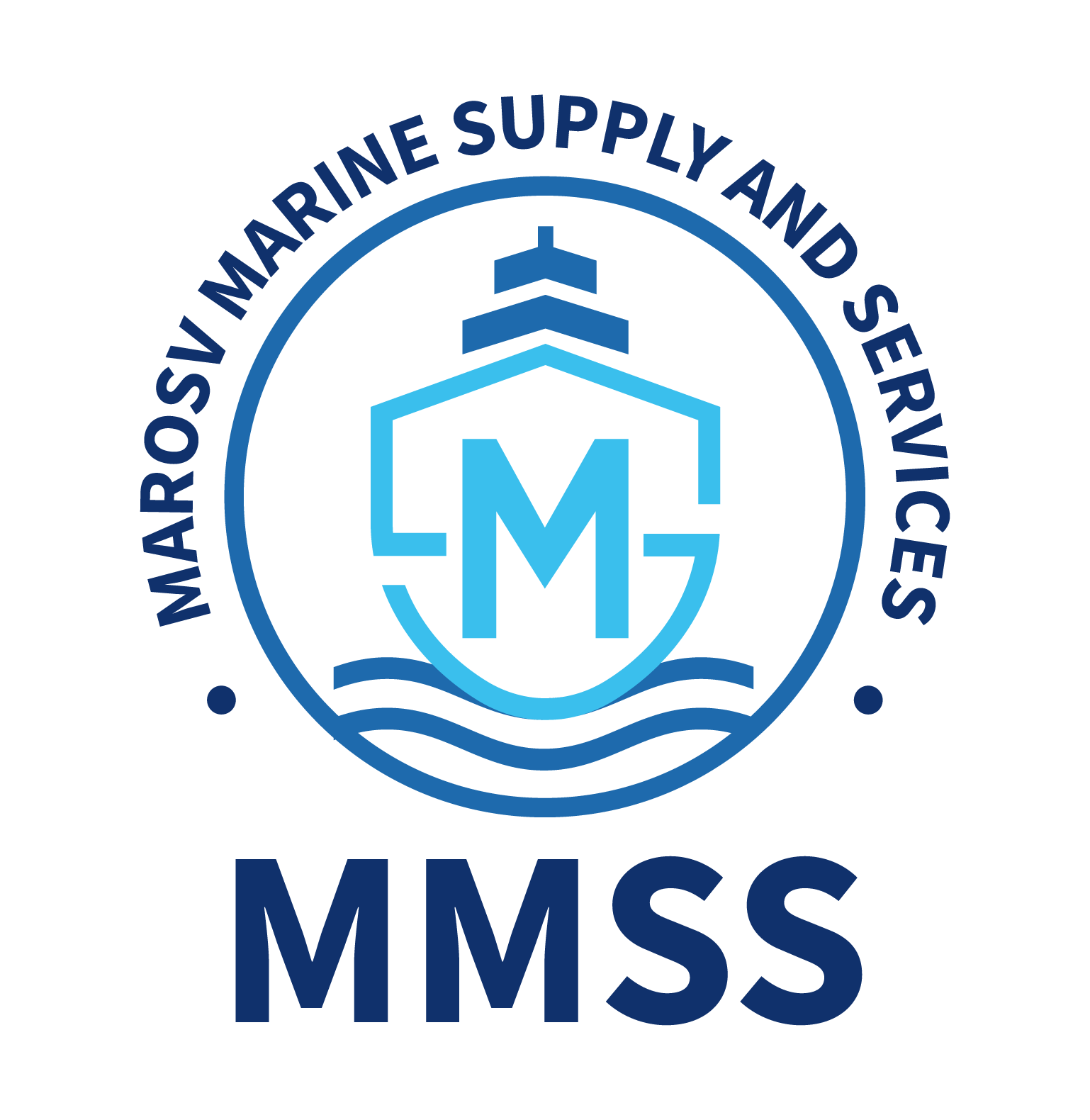

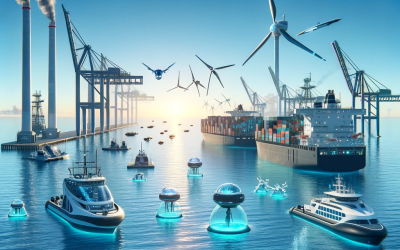
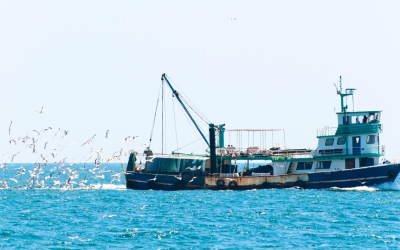
0 Comments